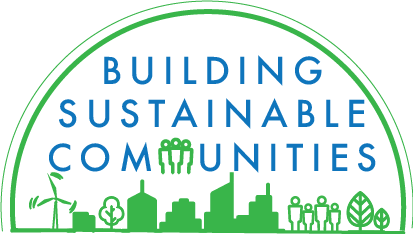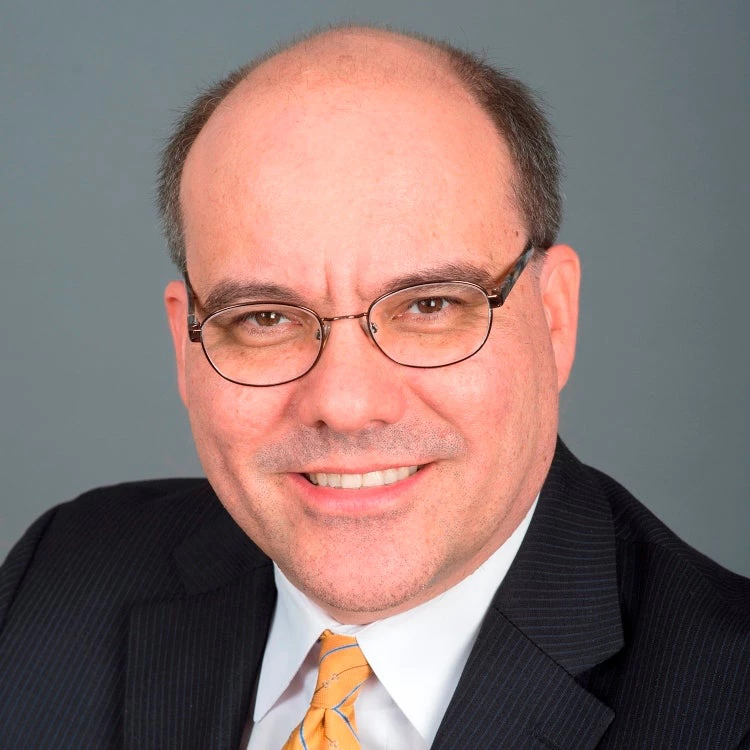One in four households in Tajikistan does not have access to sufficient quantities of water when needed. Service is interrupted for long periods because of breakdowns in water supply infrastructure. Even when households have access to water, there are significant challenges with regard to the availability and continuity of water supplies.
Unsafe water, sanitation, and hygiene (WASH) conditions have significant adverse effects on well-being, particularly for rural residents, the poor, and children. In this video, Ede Ijjasz-Vasquez (@Ede_WBG), Senior Director of the World Bank’s Social, Urban, Rural and Resilience Global Practice and Emcet Oktay Tas (@emcettas), Social Development Specialist, discuss the report Glass Half Full: Poverty Diagnostic of Water Supply, Sanitation, and Hygiene Conditions in Tajikistan.
Launched in 2017, the report presents comprehensive evidence on the coverage and quality of WASH service conditions, along with their diverse well-being impacts. It also identifies institutional gaps and service delivery models that can inform future policies and investments in the WASH sector.
Since its inception, the evidence presented in the report has generated a sense of urgency that inspired the government, civil society, and the international community to accelerate their actions toward addressing WASH deprivation in Tajikistan.
As highlighted in the video, the report was prepared in collaboration with multiple development partners, including government agencies, the World Health Organization (WHO), UNICEF, and the Tajikistan Water and Sanitation Forum (TajWSS), which includes over 50+ local stakeholders working in the sector.
READ MORE:
- Full Report (English, Russian)
- Infographic (English, Russian)
- Press release (English, Russian)
- Publication page (English, Russian)
- Blog (English, Russian)
- Subscribe to our Sustainable Communities newsletter
- Follow @WBG_Cities on Twitter




Join the Conversation